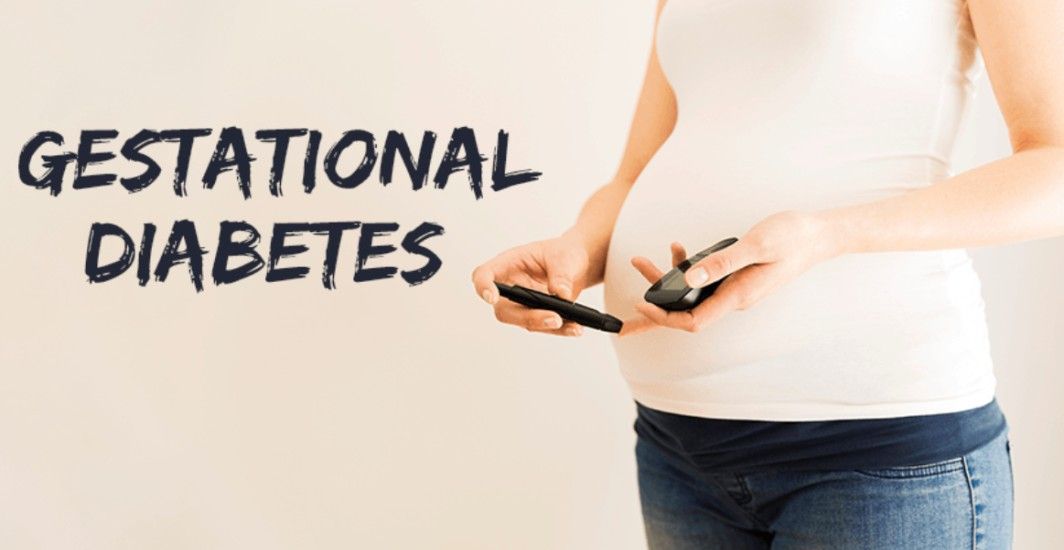Diabetes Management
Can Low-Carb Foods Help with Diabetes Remission?
4 min read
By Apollo 24/7, Published on - 25 January 2021, Updated on - 22 February 2024
Share this article
1
0 like

What is diabetes remission?
How can a low-carb diet help in diabetes remission?
Minimize processed foods such as cakes, biscuits, white bread and sugary beverages such as cold drinks, fruit juices and smoothies.
Choose to have carbs from high-fibre foods such as whole fruits, whole grains, lentils, beans, nuts and seeds and green vegetables.
Add yoghurt and low-fat milk to the diet to maintain the calcium levels in the body.
Recommended Read: Are Low-carb Diets Healthy?
Low-carb diet along with weight loss for diabetes remission
People on a low-carb diet lost about 3.4 Kilograms of weight more than those on other diets.
Low carb diet also reduced the triglyceride (a type of fat) levels in the body.
57% of the people on a low-carb diet had gone into remission, whereas only 31% of the people, out of those on another type of diet, managed to achieve remission.
However, on following up both the groups after 12 months, diabetes remission diminished in most subjects. It was noticed that remission was prevalent only in people who adhered to the low-carb diet in a sustained manner and lost weight while following it.
The research concluded that weight loss is extremely important for the improvement of blood sugar levels and to achieve remission from type 2 diabetes.
Takeaway
You can also try the Apollo 24|7 Diabetes Self-Management Tool to log your sugar values, track patterns, know all about food nutrition and more.
Diabetes Management
Consult Top Diabetologists
View AllLeave Comment
Recommended for you

Diabetes Management
Understanding Gestational Diabetes: Recognising Symptoms and Identifying Causes
Gestational diabetes is a temporary condition that emerges during pregnancy and requires timely recognition and careful management. Understanding its causes linked to insulin production recognising symptoms and identifying risk factors, including obesity and family history, can help in effective management. Though this condition usually resolves after childbirth, effective management during pregnancy is key to safeguarding the health of the mother and baby.

Diabetes Management
Top 5 Questions to Ask Diabetologists or Endocrinologists
When consulting specialists, asking key questions is vital for diabetes management. 1. Assess current blood sugar control. 2. Understand target blood sugar levels. 3. Review medications and treatment plan. 4. Seek advice on improving management. 5. Learn about warning signs of complications. Also, ask for diabetes education and support resources. Effective communication ensures better care and health.
.jpg?tr=q-80)
Diabetes Management
What Should Be My Lifestyle Goals If I Have Diabetes?
Diabetes management doesn't mean a compromise on the quality of life. Embrace changes that can enhance your well-being whilst managing your blood sugar levels effectively. These goals can be achieved through developing healthy eating habits, maintaining regular physical activity, striving for a healthy weight, monitoring blood sugar levels and incorporating stress management techniques. Take the first step towards improved health by enrolling in the Apollo Super 6 program today.
Subscribe
Sign up for our free Health Library Daily Newsletter
Get doctor-approved health tips, news, and more.
Visual Stories

8 Fruits That are Incredibly Healthy for Diabetes
Tap to continue exploring
Recommended for you

Diabetes Management
Understanding Gestational Diabetes: Recognising Symptoms and Identifying Causes
Gestational diabetes is a temporary condition that emerges during pregnancy and requires timely recognition and careful management. Understanding its causes linked to insulin production recognising symptoms and identifying risk factors, including obesity and family history, can help in effective management. Though this condition usually resolves after childbirth, effective management during pregnancy is key to safeguarding the health of the mother and baby.

Diabetes Management
Top 5 Questions to Ask Diabetologists or Endocrinologists
When consulting specialists, asking key questions is vital for diabetes management. 1. Assess current blood sugar control. 2. Understand target blood sugar levels. 3. Review medications and treatment plan. 4. Seek advice on improving management. 5. Learn about warning signs of complications. Also, ask for diabetes education and support resources. Effective communication ensures better care and health.
.jpg?tr=q-80)
Diabetes Management
What Should Be My Lifestyle Goals If I Have Diabetes?
Diabetes management doesn't mean a compromise on the quality of life. Embrace changes that can enhance your well-being whilst managing your blood sugar levels effectively. These goals can be achieved through developing healthy eating habits, maintaining regular physical activity, striving for a healthy weight, monitoring blood sugar levels and incorporating stress management techniques. Take the first step towards improved health by enrolling in the Apollo Super 6 program today.

